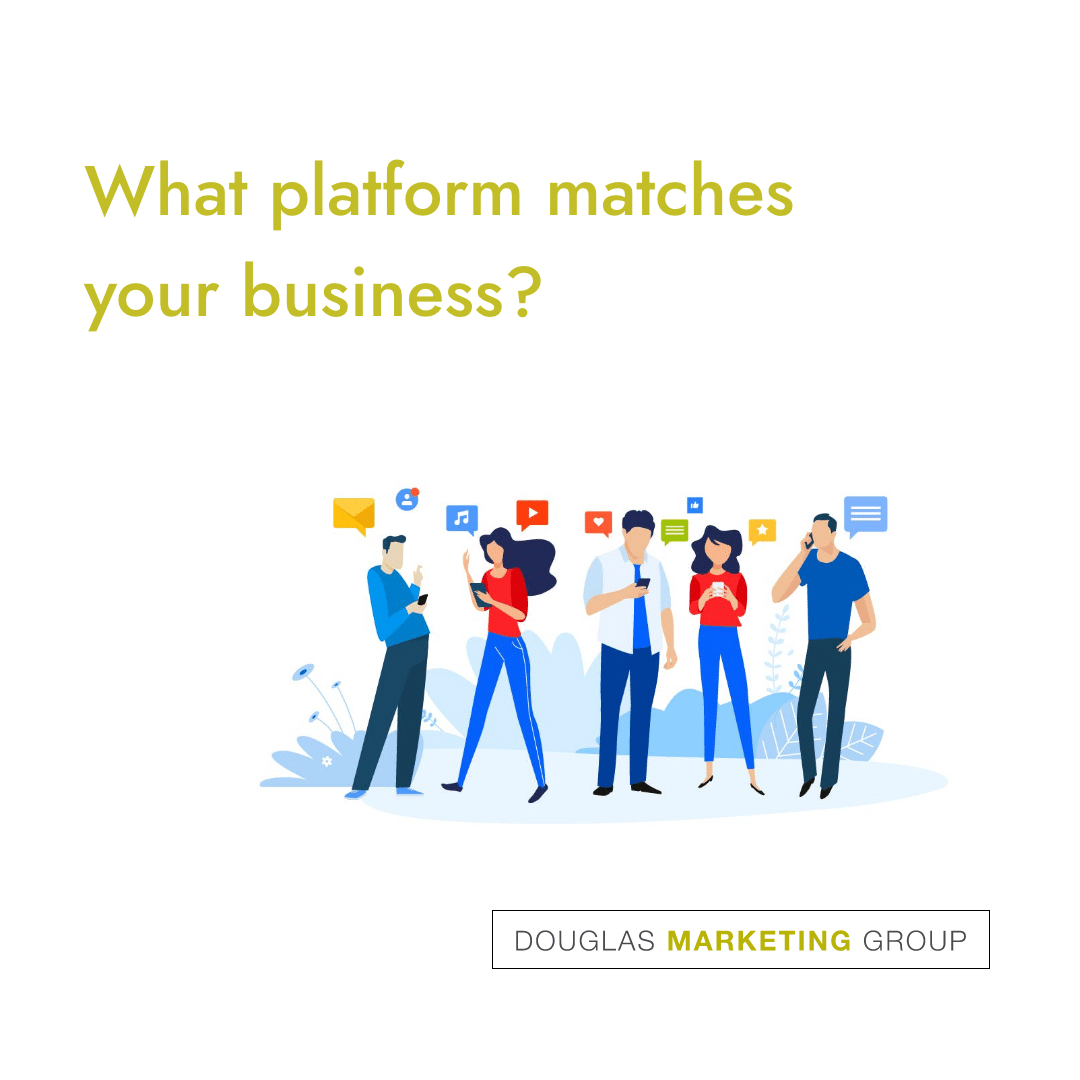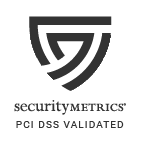With new platforms constantly being introduced and terms like “algorithm” being thrown around it’s hard to know where to even start on social media. In an ever-changing market it can be challenging to decipher which platform is worth spending your time, and sometimes even money on. This has been created as a guideline for what the strengths and weaknesses are of each platform. From there, you can develop a strategy based on your business, resources, and effort available to put into each platform.
1. Facebook:
This platform is likely the first platform you think of when it comes to social media. With over 2.89 billion active users every day it’s no surprise that it’s the most well-known platform. Facebook is at the top in terms of innovation. When it was released in February 2004, it was only available to students as a hub for photos, class schedules and clubs. Today, Facebook is not only a photo-sharing app, but also a marketplace, they have their own advertising software, specialized groups, the ability to collaborate on business accounts, the list goes on.
Pros:
- Large audience with historical data is readily available
- Targeted ads (as well as retargeting)
- Seamless customer interaction (both automated and not)
- Specific and helpful analytics
- Pixel tracking
- Flexibility in posts (images and word only posts are both available)
Cons:
- Requires a lot of engagement to grow
- Ads can become expensive
Summary: Facebook is a good fit for any business because of its flexibility. However, it requires patience, significant effort and can become expensive.
2. Instagram:
Instagram has not been around as long as Facebook, but it has definitely made its mark. With approximately one billion users, it has become an invaluable tool for many businesses. Instagram is constantly coming out with new tools for businesses to succeed and they have even created their own type of marketing through the app called “influencer marketing.”
Pros:
- A great tool to visually tell your brand story through established creators
- Large diversity of users (predominately used by younger generations)
- Business partnerships (collaborative feed sharing)
- Shop feature allows for businesses to skip the third-party website
- Targeted and retargeting features
- Carousel posts can display an entire campaign at once
Cons:
- Requires a significant amount of effort to start
- Analytics can be misleading
- Features are limited to accounts under ten thousand followers
- No link sharing in captions
Summary: Instagram is good for content directed to younger generations and product focused businesses who can utilize the shopping feature. If you can maintain the effort through proper strategy and scheduling any business can grow.
3. TikTok:
TikTok has been an overnight success. With minimal user features, it has been surprising to see the platform succeed so quickly but it sheds light on how effective it can be to use simplicity as your power. TikTok is exclusively video content with options to create 15 second to 3-minute videos and is dominated by younger generations. TikTok also stays true to real engagement. You can go viral easily but to maintain those views, you must continue to generate great content.
Pros:
- The “For You” page gives you content based on your likes, so you are always reaching your target audience
- Easily go viral (trending sounds make this easy)
- More causal platform (quickly create content with minimal effort)
- There is a new trend every day (content ideas at your fingertips)
Cons:
- Exclusively video content can become challenging
- Lack of room for customization
- No room to plan your content (trending sounds changes hourly sometimes)
Summary: TikTok is great for casual content, and you can allow your customers to see your brand in a more BTS format, although, it requires constant attention since you can’t plan content ahead of time. Also, content can become extremely limited for businesses with a professional tone.
4. Twitter:
Twitter is best known for starting conversations. Although you can post photos and videos, Twitter is still primarily known for word-focused posts.
Pros:
- Content doesn’t require as much effort (less focused on graphics/photos)
- Free targeting through hashtags is more effective than other platforms
- Conversation focused allows for greater engagement
Cons:
- Posting frequency for success is high (3-7 tweets/day is optimal)
- Lots of traffic but doesn’t generate leads very well
Summary: Twitter can be a great tool for businesses who have a lot to say rather than sharing images. There is more opportunity for connection through conversation.
5. LinkedIn:
LinkedIn is a well-known professional network, primarily used by individuals to network and create a profile that is essentially an online resume. This platform can be invaluable to businesses as there is endless opportunity to network with professionals all over the world.
Pros:
- Large, high value audience
- Target your exact audience
- Recruitment opportunities
Cons:
- Ad spend can be costly for return
- Content must be calculated
- Behind in innovation compared to other platforms
Summary: LinkedIn can be powerful in terms of career growth. However, since LinkedIn is a professional platform, intellectual content is vital. This makes content limited for some businesses. Ad targeting can be misleading because of the broad use of keywords.



